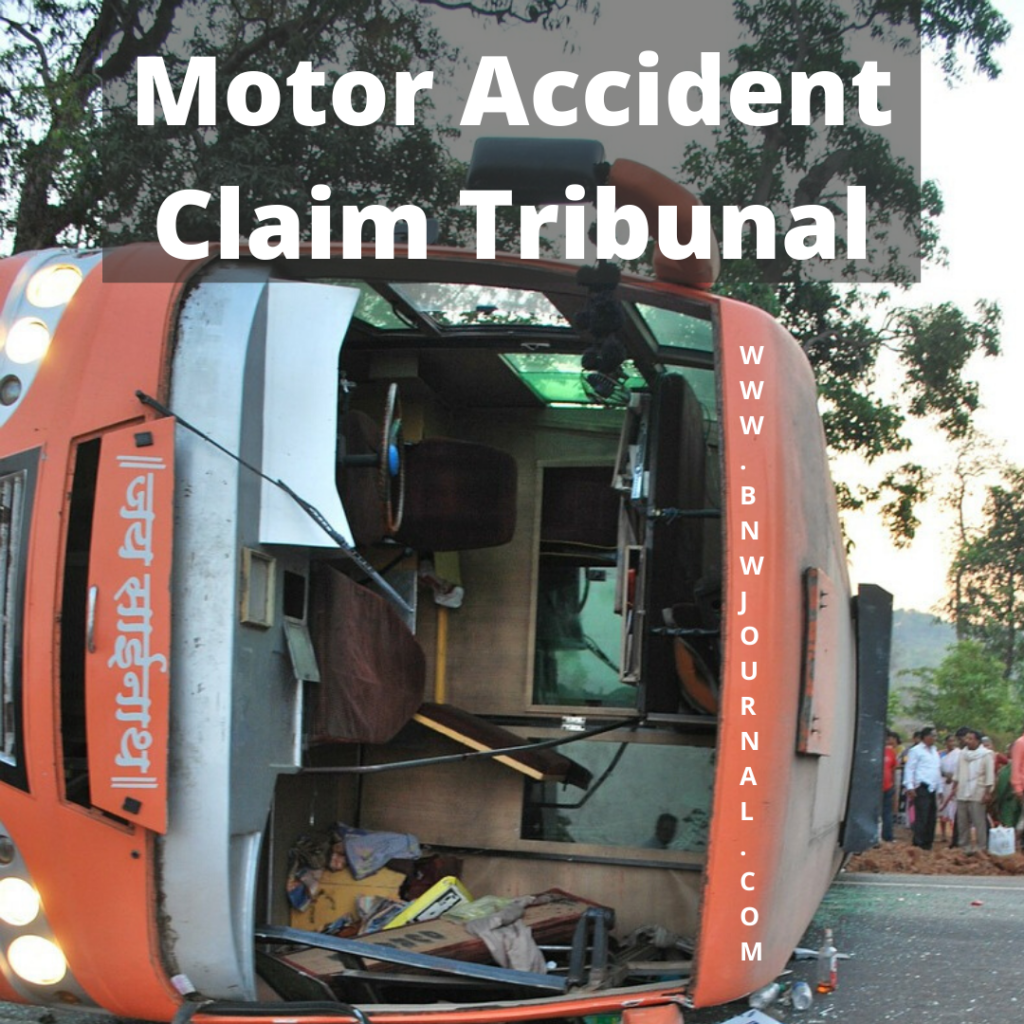![]()
Introduction
Have you ever met with a road accident before? Any of your relatives or someone known to you met with a road accident? What to do after a road accident? How to claim compensation for damages in a road accident?
All these questions come into one’s mind after a road accident has occurred. But what are the answers to these questions? Answer to all these questions is given by the Motor Vehicles Act, 1988(hereinafter referred to as act). The act was passed by the parliament covering all the provisions for motor vehicles. In this article, we will be talking about the same.

Motor Accidents in India
In India every year millions of people die on road due to motor vehicle accidents. Every year this rate is rising due to the rise in the number of motor vehicles on road. Rise in cases of drunk driving, and various other reasons.
After a road accident, if the victim needs to ask for compensation. He goes to the court of law and file a claim application there. But since in India the judiciary is already overburden with the huge list of pending cases. If motor accident claim cases also go there, this will add more pressure to the existing courts. The outcome will be that courts will not be able to provide justice to the victims expeditiously. This will a denial to justice. Because of delay in providing justice as the legal maxim says “Justice Delayed is Justice Denied”.
Motor Accidents Claim Tribunal
In India, to provide expeditious disposal of motor accident cases that are constantly rising. Due to a rise in road accidents is by Motor Accidents Claim Tribunal. The objective behind setting up of this tribunal was to give Justice to all victims of road accidents.
The details regarding the tribunal’s power, jurisdiction, procedures, etc. are under Chapter XII of the act. The tribunal is establish under Section 165 of the Act. Now no other court has jurisdiction to preside over matter dealing with road accidents. The tribunal has the power to award compensation without any upper limit. There is no pecuniary jurisdiction for the amount which can be claim.
Powers, Procedures and Jurisdiction of Tribunal
The tribunal has all the powers under section 169(2) as of a civil court under Section 195 and Chapter XXVI of Civil Procedure Code. The court can provide compensation to the victim and imprisonment to the offender.
Section 169(1) enables the tribunal to make procedures of their own. They can either follow CPC or can make their own set of rules and procedures. The reason for the allocation of this power to the tribunal is to give tribunal flexibility in expeditiously disposing of cases.
The tribunal has territorial jurisdiction whereby a claimant has the option of three places where he can file for the claim which are as follows :
- Place where complainant resides
- Place where the defendant resides
- The Place of accidents
Out of these three places, the claimant can file an application for compensation anywhere.
The tribunal can have any number of members as the state deems fit. But if there are more than two members, then one member has to be appoint as chairman. The qualification for a member to be eligible for becoming a member is lay down by section 165 of the act. Any person can be appoint as a member of the tribunal who:
- is, or has been, a Judge of a High Court,
- or has been, a District Judge,
- is qualified for appointment as a Judge of a High Court
Application for compensation
A claim application for compensation can be made to any tribunal that can be made. Even though there is no bar on the period under which it has to be brought but through the case of Kum Jyoti M. Shetye vs Ashok J. Powar And Ors it has been established that the claim should be filed as soon as possible within a reasonable time and any delay must be explained. For filing a claim, a list of documents needs to be submitted along with the petition to support various claims being demanded.
Conclusion
The establishment of MACT has lessened the burden on the courts and have helped in providing speedy justice to all the victims. This has added to the evolution of new jurisprudence in the field of road accidents in India and has also guided the world to establish tribunals especially for road accidents victims as the cases are rising and if the existing courts are burdened with the new and rising cases, justice will not be provided in time to the needy.



0 Comments